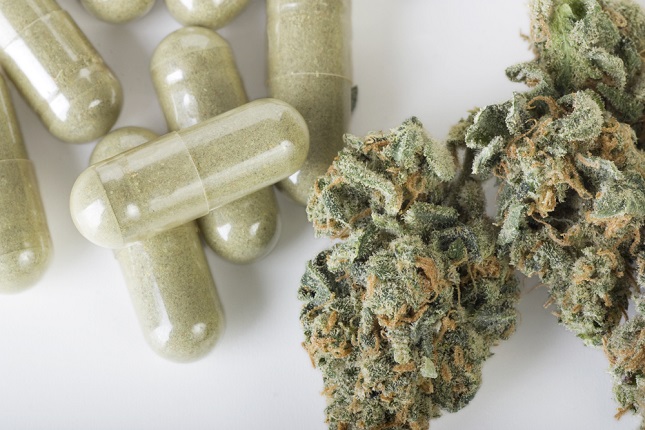U.S., September 30, 2019 (MERRY JANE)- A compound found in cannabis, cannabidivarin or CBDV, could vastly augment our medical marijuana treatment arsenal.
Autism is a developmental disorder where individuals have difficulty understanding social norms and cues. They may also have difficulties with socializing, forming stable relationships, self-regulating their moods, or otherwise functioning on a day-to-day basis. Extreme forms of autism are correlated with severe cognitive impairment, random fits of rage, and an inability to socialize or communicate with others. Although some prescription medications have been FDA-approved for treating irritability associated with autism, there are currently no drugs approved for treating autism’s three primary symptoms: social challenges, difficulties communicating, and repetitive behaviors.
“The field of autism has a long history of enthusiasm for many treatments based on small pilot studies and anecdotal accounts,” Dr. Alexander Kolevzon, clinical director of the Seaver Autism Center at Mount Sinai, wrote to CNN in an email. “However, often when these treatments are tested rigorously in larger studies, the benefits are not significantly different than that of placebo.” Kolevzon is not part of the Mount Sinai CBDV research group.
The weed grown and provided to Mount Sinai’s autism research group comes from the UK-based pharmaceutical company GW Pharmaceuticals. GW Pharma has already created two blockbuster drugs derived from cannabis, Sativex and Epidiolex. Epidiolex was approved for seizure disorders in the US last year. Sativex is not available in the US, but it is available in the EU, South Korea, and parts of the Middle East.







